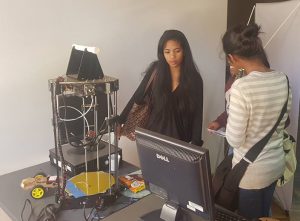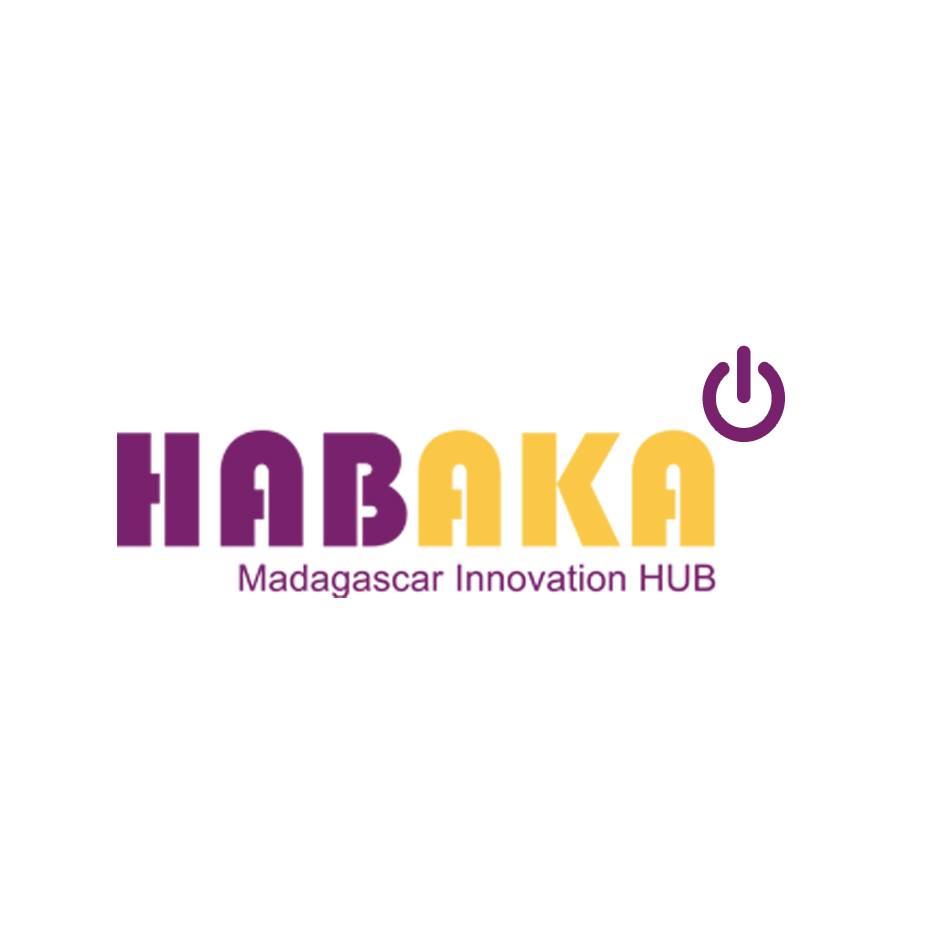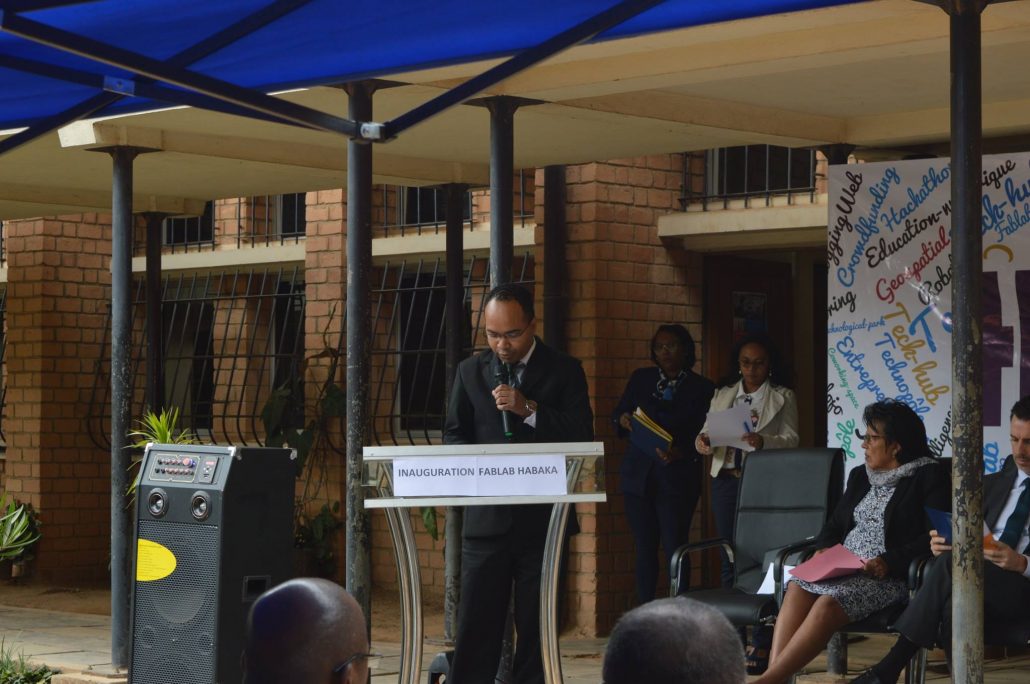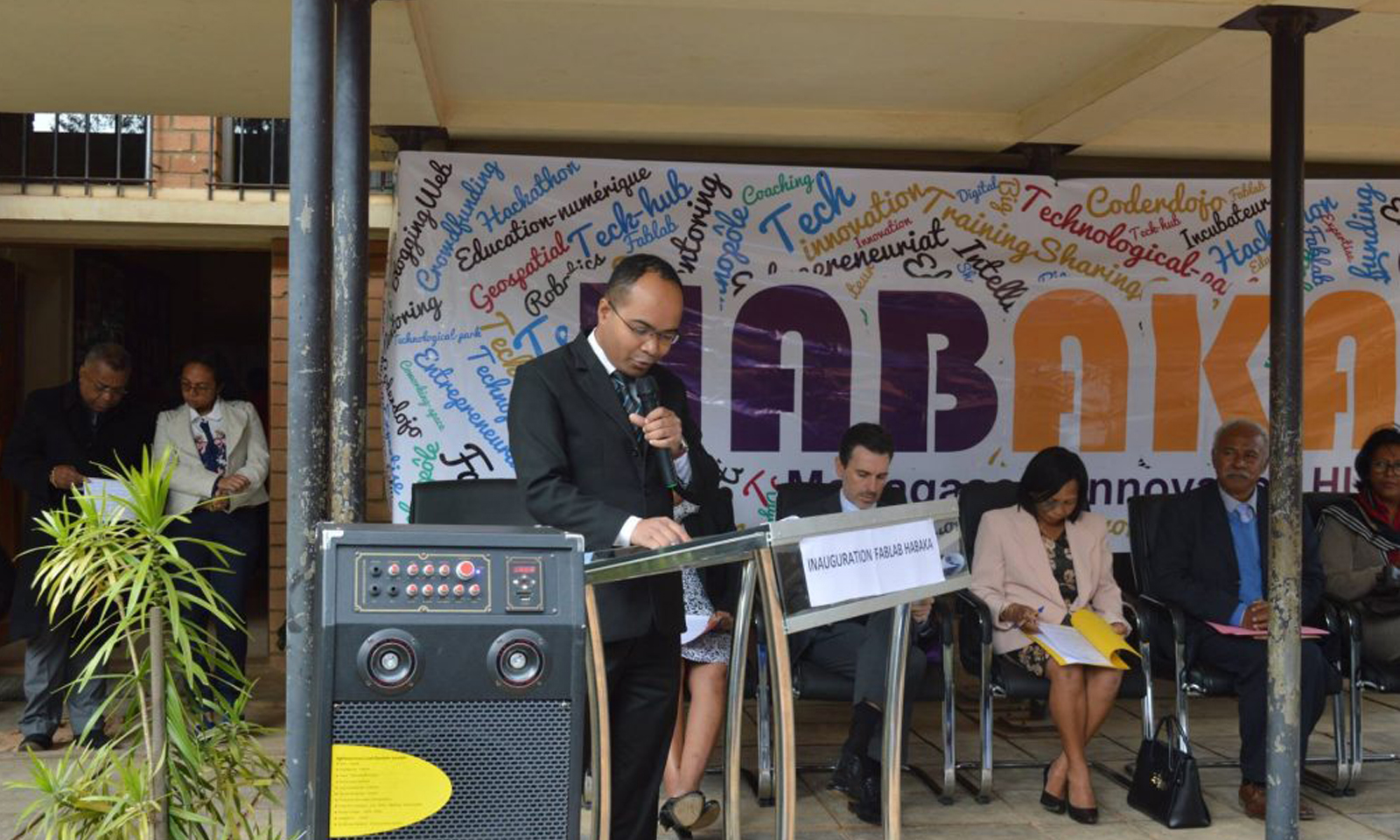When Habaka opened its Fab Lab last June, many questions were asked about its functioning, its usefulness and its objective. Here is everything you need to know about this workshop.
Habaka, an active member of the African Technology Hubs network
Habaka aims to bring together the Malagasy technology community (bloggers, entrepreneurs in new technologies, developers, technophiles and enthusiasts, etc.) around the activities it promotes. It was born from the desire to pool skills to bring a new breath to the sector of new technologies in Madagascar, but also to disseminate the web and technology culture. Currently, Habaka has nearly 900 active virtual members, 118 members of different technological communities (machine learning, open data, robotics, game dev) and 800 young developers in the Coderdojo community.
Habaka has recently acquired a Fab Lab and a coworking space and is now a member of the Afrilabs network of African technology hubs. Among its flagship projects, for example, is Science Hack Day, which has been around since 2014 and is now in its fourth year. There is also Coder Dojo for learning computer coding for 7-17 year olds in Madagascar. More than 800 children and young people have benefited from the programme in two years in various localities of the capital and in the region. This program uses 2 Bluebird buses (Coderbus) to transmit this code culture to Madagascar.

The Fablab: a place open to the public and conducive to creation
A “Fablab” or “fabrication laboratory” is a shared workshop, oriented towards digital fabrication, framed by the Massachusetts Institute of Technology (MIT) and the FabFoundation. The FabLab is open to the public. It provides all kinds of tools, including computer-controlled machine tools, for the design and production of objects.
It is a creative space for diverse communities around technology, crafts and art creation. The Fab Lab was inaugurated on June 7, 2017 in the presence of the Minister of Higher Education and Scientific Research and the Ambassador of the European Union to Madagascar. More than 200 people came to attend the inauguration.

The Fablab was born from the initiative of the NGO HABAKA in partnership with the CIDST research centre. It is financially supported by the European Union through its DINIKA program “Support to the Malagasy Civil Society”. The latter is intended to be an incubator and a breeding ground for business creators, but also a place of emergence, innovation and new models of producer-customer relations. In fact, it has been operational since April 2017. Several trainings have already been organized there such as the training in electronics with arduino and raspberry pi, the training in 3d modeling and the training in robotics.
A place to prepare Malagasy participants for the Robot Olympics in Washington
Currently, the Fablab is surrounded by five communities: habaka machine learning community, gamedev community, robotics community, Astronomy community and Open data/OSM community. The objective of the Fab Lab is to give everyone the opportunity to realize their projects, to go from theory to realization, to discover and increase their skills in the field of technology.
“The Fablab is one of the pillars of our support service to innovative entrepreneurship. It contributes with our new coworking space to improve our technological and entrepreneurial ecosystem at the service of young people,” says Professor ANDRIAMPARANY Marius, current Director of Habaka.
Innovative projects led by startups revolve around the Fab Lab. They cover the fields of urban planning, security, quality of life in urban areas, technologies for agriculture and transport…
-

Inauguration of the Habaka Fablab
In addition, Madagascar has been invited to participate in the Robot Olympics in Washington (USA) from 16 to 18 July 2017. The goal is to promote a passion for science and technological innovation among young people around the world. We will be represented by a team of six young Madagascans aged 15 to 18. This event will see the participation of over 140 countries. Habaka has accompanied (training, tutoring, coaching) and hosted these young people since February 2017 within its Fablab and has mobilized two engineers for this preparatory work



